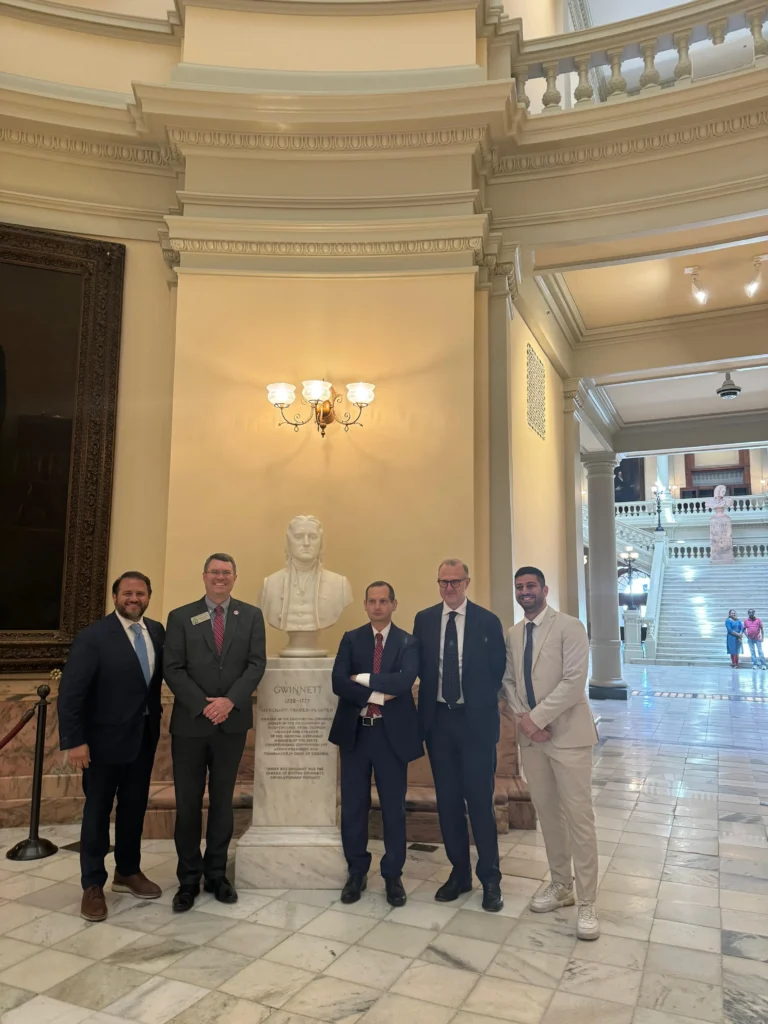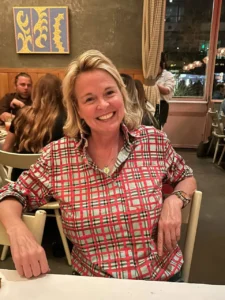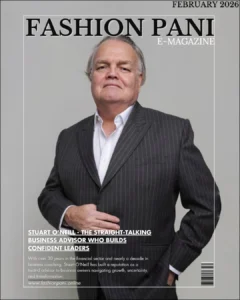
Atlanta, GA – May 2025 –
MAGISNAT OMICS LLC, a biotechnology spin-off working in omics sciences, marked its first anniversary on May 13 and 14 with two high-profile events held at the Georgia State Capitol and Atlanta Tech Park. These gatherings brought together policymakers, researchers, academics, and entrepreneurs to review the company’s progress and explore future directions in biomedical innovation, with a focus on omics-based technologies and patents.
The event at the Georgia State Capitol provided a platform to discuss how scientific progress can align with public policy and community health objectives. MAGISNAT presented its work in multi-omics science—an approach integrating genomic, metabolomic, proteomic, microbiomic, and environmental data to build individualized health profiles. This strategy aims to support precision and prevention in managing chronic non-communicable diseases, which remain a global healthcare challenge.


The Capitol audience included scientists, public officials, and entrepreneurs. Dr. Vishnu Suppiramaniam, Associate Dean and Professor at Kennesaw State University, emphasized the critical role of academic institutions in transferring research into practical outcomes. He described universities as engines of innovation and economic development, particularly when collaborating with biotech spin-offs. He highlighted how students, faculty, and companies all benefit from shared expertise and infrastructure.
Dr. Suppiramaniam also noted the alignment between MAGISNAT’s patents and the research interests at Kennesaw State, suggesting potential for joint initiatives, including student training, collaborative research, and technology transfer. Such partnerships can help drive translational research and expand the region’s biotech capabilities.


MAGISNAT co-founder Dr. Stephen Thadeus Connelly, also a Professor at UCSF, spoke on the importance of translational research in bridging basic science and practical applications. Dr. Matteo Bertelli, MAGISNAT President, presented the company’s latest patents. CEO Dr. Kevin Donato discussed strategies for translating research into clinical and wellness platforms, while Dr. Giuseppe Oriani, Chairman of Savills Investment Management SGR, spoke on biotech’s potential to attract investment and build sustainable business models.
Notable attendees included Neal VanMarter (office of Senator Jon Ossoff), Filiberto Calascibetta (Honorary Consul of Italy in Atlanta), Nick Masino (Gwinnett Chamber of Commerce), and Robin Bienfait (Atlanta Tech Park). The session was moderated by MAGISNAT co-founder Dr. Pietro Chiurazzi.


The May 14 event at Atlanta Tech Park focused on MAGISNAT’s first-year achievements in research and technology. The venue, known for its support of startups, hosted presentations on five ongoing projects under patent review. Attendees included scientists, entrepreneurs, and policy leaders.
Among the innovations presented were a mass spectrometry-based platform for detecting respiratory inflammation from environmental exposure; a neuromodulation system using intranasal delivery of neuroactive compounds for appetite regulation; a model for studying protein glycosylation stress from dietary imbalance; proprietary bioinformatics tools for multi-omic data analysis; and a therapy targeting AKR1C2 to reduce subcutaneous fat in lipedema.


Drs. Kristjana Dhuli, Cecilia Micheletti, Alessandro Macchia, and Jurgen Kaftalli described the scientific rationale and clinical potential behind each patent, underlining the company’s aim to develop technologies that are both rigorous and scalable.
Opening remarks at Tech Park came from Robin Bienfait, Nashlee Young (Atlanta Tech Park), Bertrand Lapoire (City of Peachtree Corners), and Nick Masino, reiterating regional support for biotech innovation.

Across both events, a consistent message emerged: multi-omics research, combined with academic partnerships and institutional engagement, can drive real-world health solutions. MAGISNAT, with its expanding patent portfolio and collaborative network, aims to play a central role in advancing personalized medicine.






